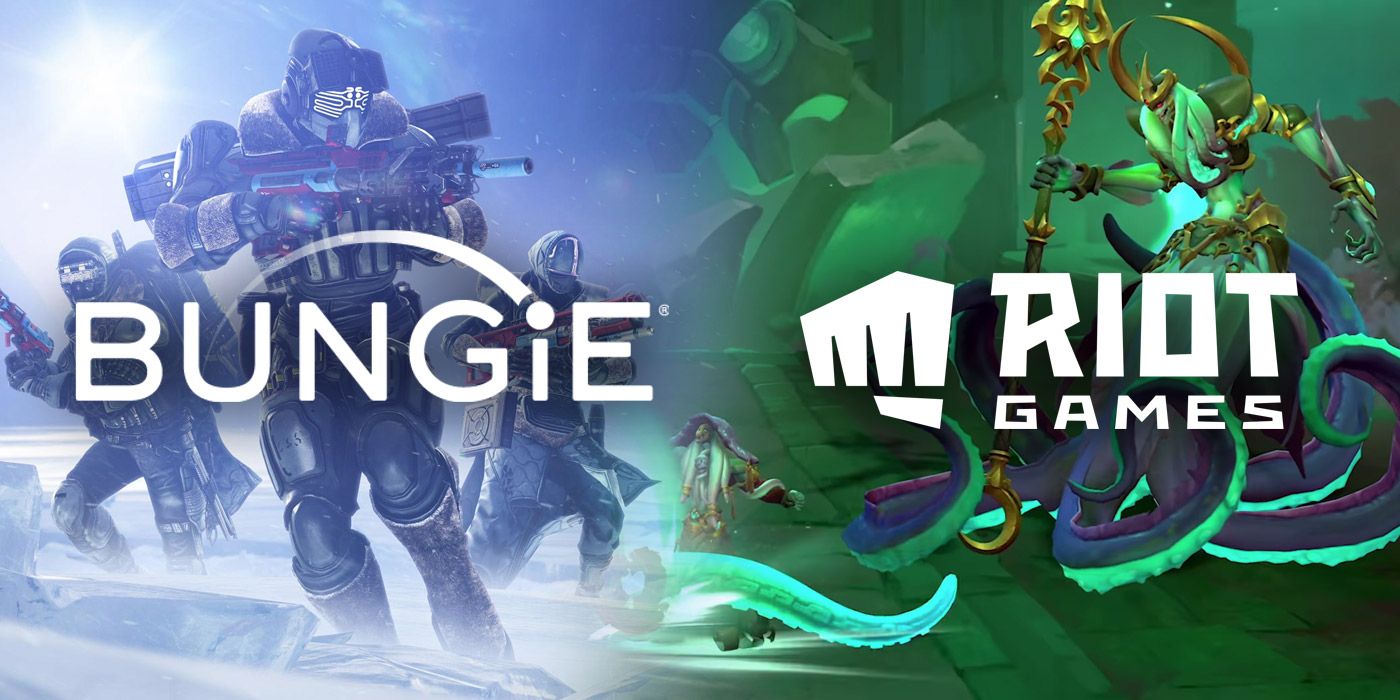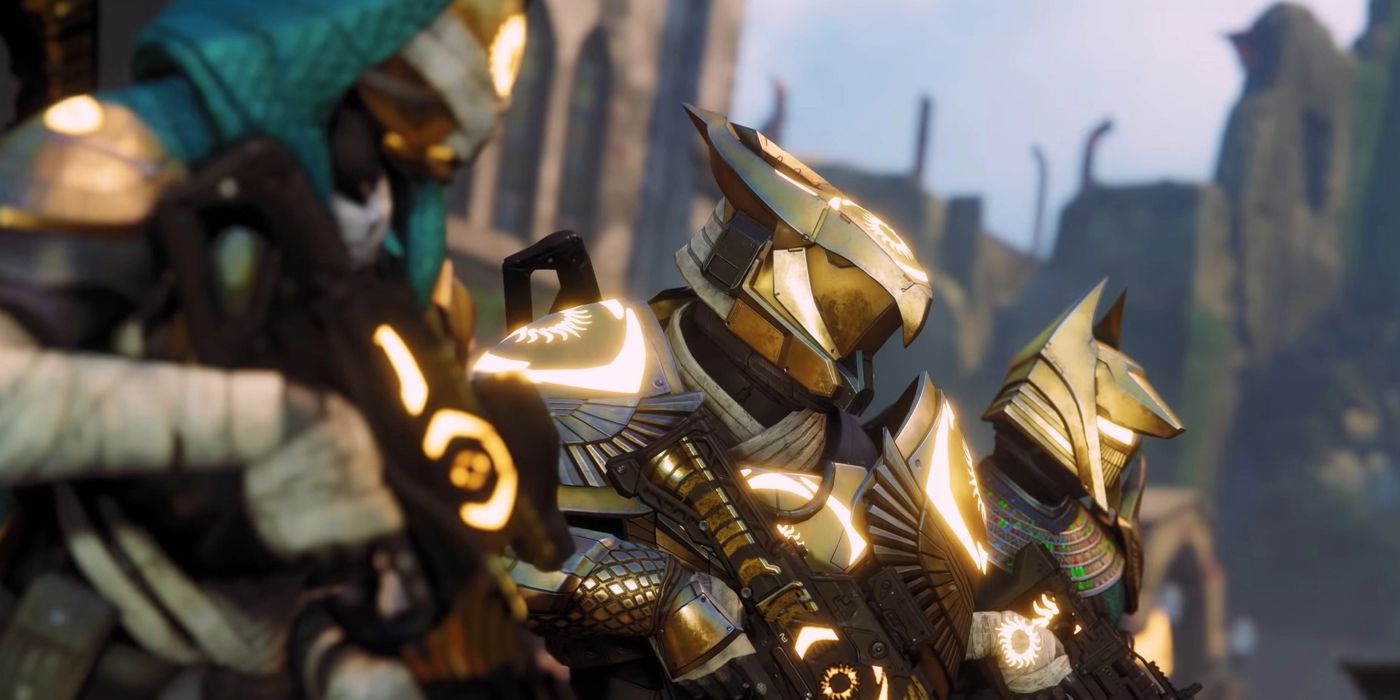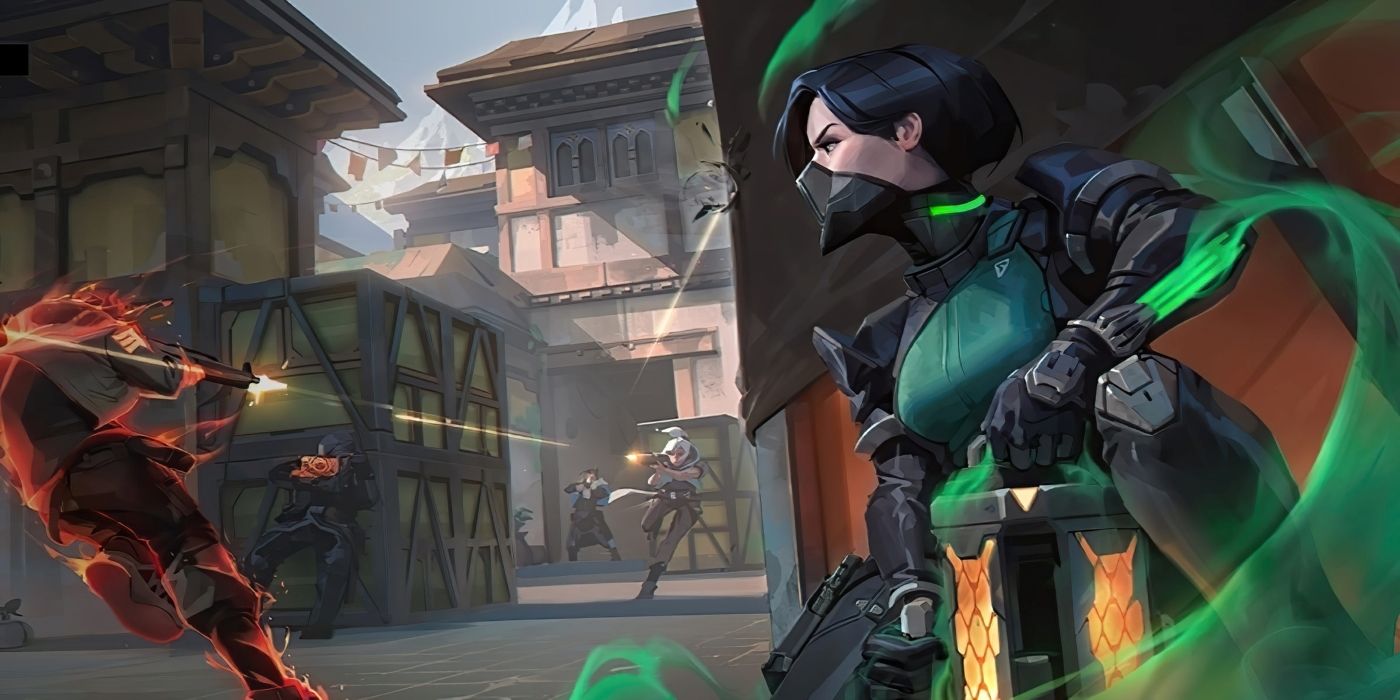How an Unusual Bungie-Riot Games Partnership is Dealing with Cheaters

Since the inception of competitive games, there have always been cheaters. There's no getting around it, even in the hyper-connected society we have today; cheaters will always find a way to game the system. Nowadays, cheating is prevalent in every competitive gaming community, whether it's League of Legends or Counter Strike: Global Offensive. In the case of shooters, two games have struggled with varying degrees of cheating problems: Destiny 2 and Valorant. Both have dealt with equal influxes of cheating software/mod availability, found their own respective ways of dealing with said cheaters, as well as those who distribute the cheats to players in the first place.
Now, in an unlikely alliance between Bungie and Riot Games, both companies are taking a huge step towards taking down the suppliers of cheat software. The makers of Destiny 2 and Valorant have filed a joint lawsuit against GatorCheats, among others involved in cheating, to cease their distribution of cheats/mods. This comes in the wake of both games seeing a significant rise of cheating in each game's respective competitive modes. Last year, as Valorant launched and Destiny 2's Trials of Osiris competitive mode launched, both took their own respective approaches to cheating, but this joining of forces to subdue cheat distribution is certainly unusual.

For Destiny 2, cheating had always been a subtle problem since its release in 2017. However, it wasn't until Trials of Osiris launched in 2020 where the cheating problem in Bungie's looter shooter became far more problematic. Trials of Osiris returning to Destiny 2 was a big deal, as it was the first ranked-style PvP in the game outside of Crucible.
However, the mode at launch was plagued by cheaters looking to go flawless without putting in the effort. Cheaters implemented wallhacks, aimbots, self-revives, and even teleports to steal wins from their opponents in Trials. Committed to its infamous banhammer, Bungie's banned thousands of player accounts in response.
In the wake of Valorant's launch last summer, Riot Games' hero shooter has had more of a cheating problem recently. Back when Valorant first launched in beta, Riot Games was quickly criticized for its use of the "Vanguard" kernel-mode anti-cheat software. Many considered Vanguard's always-on design was invasive to user's PCs, and ended up being problematic for some systems because of the drivers it unintentionally blocked on system startup. However, as time has passed, the Valorant community has seen a significant rise in cheaters recently, in spite of Vanguard's efforts to combat cheating. Similarly, Riot Games encouraged players to report suspicious activity.

While both are implementing slightly different methods of inherent anti-cheat measures, both are now taking more proactive measures to address cheating at its core. Filed by lawyers representing both companies, Riot Games and Bungie's legal teams are coordinating to address one of the biggest suppliers for cheats in both shooters.
Gatorcheats.com, the cheats distributor in question, had allegedly "made tens or hundreds of thousands of dollars from their distribution and sale" from two specific software releases: "Gatorant" for Valorant, and "Destiny 2 Cheats" for Destiny 2. The defendant is Cameron Santos, the user who created and distributed the mods.
It's important to note that, while Santos did shut down the Gatorcheats.com website in response to Bungie's cease and desist, that wasn't enough. According to the lawsuit, Santos evidently doubled-down in private messages (via Telegram, Discord) that they would continue to support those who'd already purchased "Destiny 2 Cheats." In the case of Valorant, the "Gatorant" software was billed on the Gatorcheats website as "undetected" by Riot Vanguard. No such evidence of support was found for "Gatorant" in particular, but on the basis that Gatorcheats was supporting "Destiny 2 Cheats" beyond the point of sale, Riot Games likely assumed the same went for "Gatorant."
For both companies, it's certainly an interesting joint effort for two very different shooters dealing with the same problem. It's rare that individual cheat software is distributed through the same source, especially for wholly different gameplay experiences like Destiny 2 and Valorant. Bungie has employed a proactive approach in the past, sending cease and desist orders to cheat distributors.
Riot Games took things a step further in September by hiring personnel to "infiltrate" cheating communities and discover the source of distribution. For two holistically different gameplay experiences, it's unique to see two separate companies file a joint lawsuit for cheating.

Post a Comment